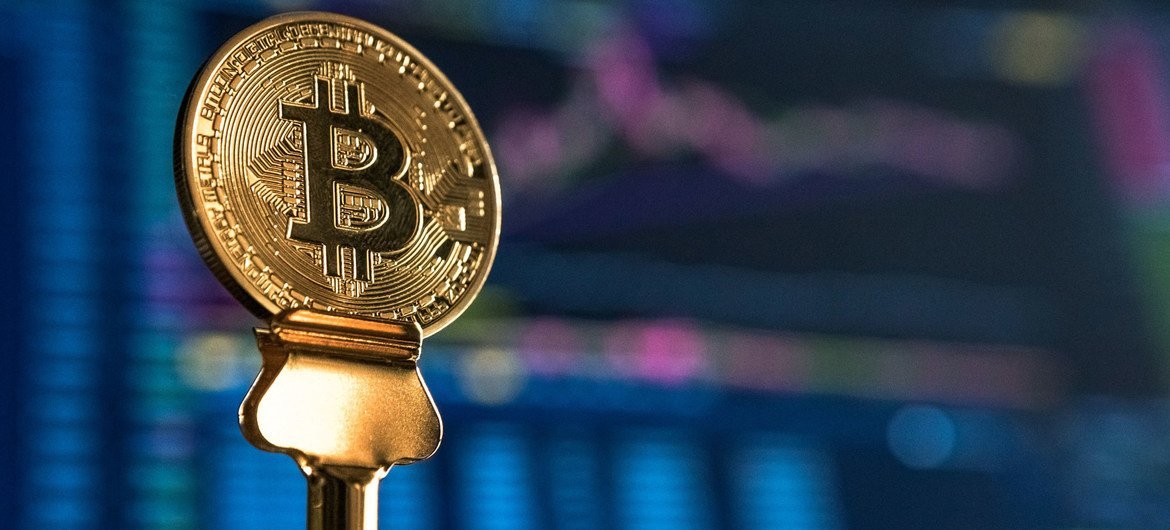Bitcoin did not surge after halving
- DDDOriginal
- 2024-04-19 10:15:09882browse
The reasons why the Bitcoin halving did not trigger a surge include: market expectations have been digested, economic uncertainty, slowing growth, intensified competition and low institutional participation. While there may not be a major surge in the short term, the halving may support Bitcoin's value over the longer time frame.

The reason why Bitcoin halving did not trigger a surge
Bitcoin halving is predefined in the Bitcoin protocol event, which occurs every four years, is designed to halve the output of Bitcoin. The halving helps maintain Bitcoin's scarcity, which should theoretically cause its value to rise.
However, the latest halving did not trigger the expected surge. Here are a few possible reasons:
- Market expectations have been priced in: Investors have already anticipated the halving, so the price increase may have been factored into the price before the halving.
- Economic Uncertainty: The global economy faces uncertainty caused by the COVID-19 pandemic during the halving, which may dampen speculative behavior.
- Slowing of growth: Relative to the rapid growth before the halving, Bitcoin experienced a slowdown in growth after the halving, reducing investors’ expectations for a significant increase.
- Intensified competition: The halving coincides with the rise of other cryptocurrencies, such as Ethereum, that offer a wider range of use cases and functionality.
- Low Institutional Participation: While some institutions have shown interest in Bitcoin, overall participation remains low, which may limit the market’s reaction to the halving.
It is also important to note that the impact of Bitcoin halving usually appears gradually. While there may not be a major surge in the short term, it could support Bitcoin's value over the longer time frame.
The above is the detailed content of Bitcoin did not surge after halving. For more information, please follow other related articles on the PHP Chinese website!
Related articles
See more- Musk: Committed to realizing 'real money' operations on the X platform and has no plans to launch his own cryptocurrency
- The latest list of the three major domestic digital currency exchanges (steps in the process of buying Bitcoin in one minute)
- Which platforms can buy and sell Bitcoin in China? Top ten domestic Bitcoin trading software apps
- Missed the breaking out altcoin? 50x buy on three cryptocurrencies before the big bull market breaks out!
- Ethereum/Bitcoin exchange rate near three-year low, crypto market pulls back

